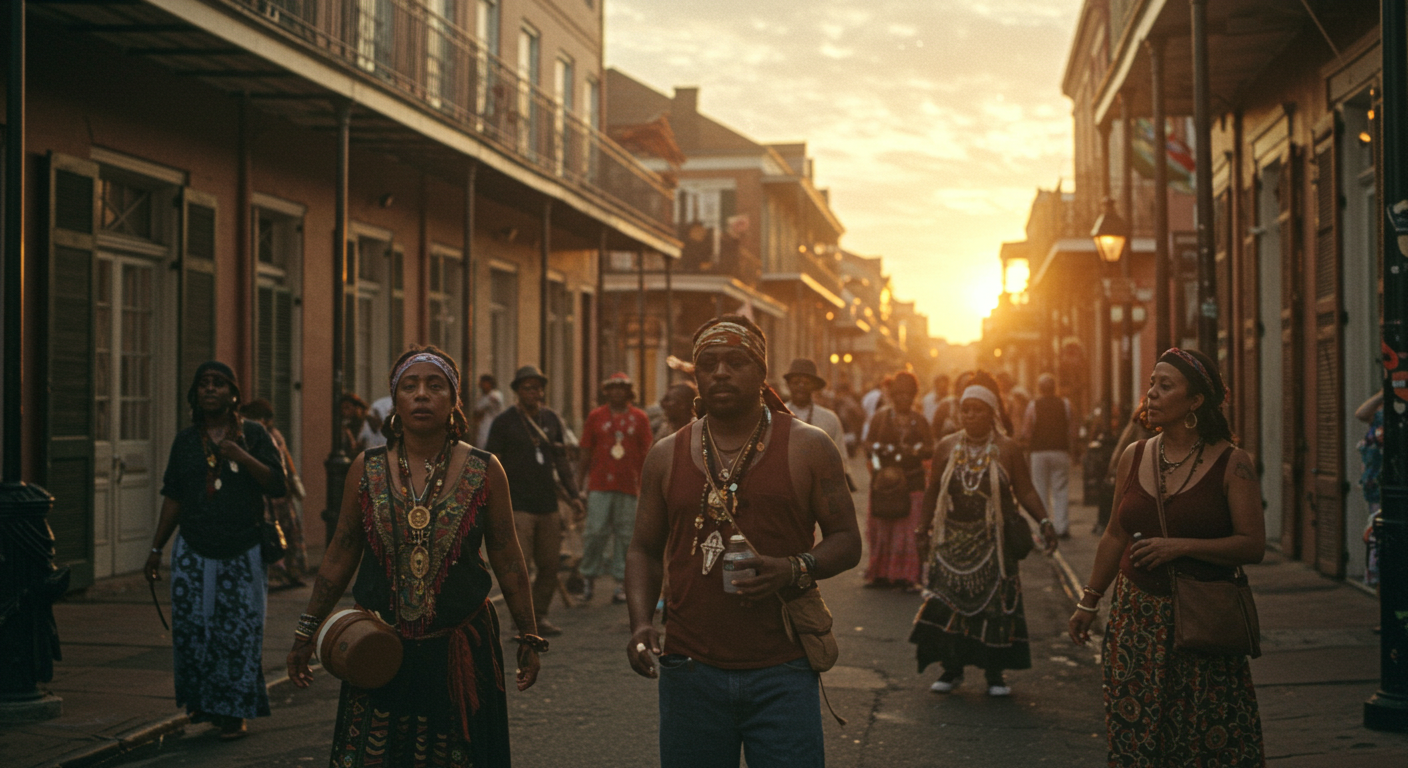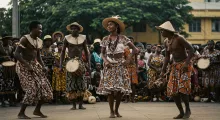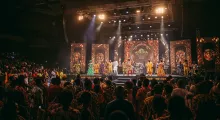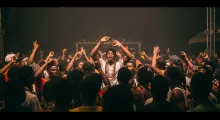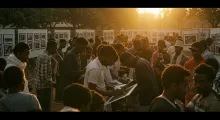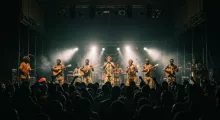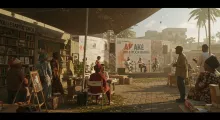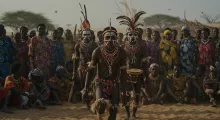In the mystical and rhythm-soaked streets of New Orleans, where every corner hums with ancestral memory, the Beaucoup Hoodoo Festival comes alive as a celebration of African spirituality, music, and performance. This one-of-a-kind festival honors the roots of Hoodoo, Vodun, and other diasporic spiritual practices, blending ritual with rhythm and reverence with revelry.
Understanding Hoodoo and Its Legacy
Hoodoo, often misrepresented or misunderstood, is a set of African American spiritual practices rooted in West African belief systems and shaped by the brutal legacy of slavery. Unlike Vodun or Santería, which are organized religions, Hoodoo is a folk spiritual tradition, combining African cosmology, herbal healing, Christianity, and ancestral reverence.
In the American South—especially New Orleans—Hoodoo evolved as a tool for resistance, protection, and power. Beaucoup Hoodoo Festival is an annual homage to these ancestral paths, inviting both practitioners and curious visitors to explore their depth.
Festival Overview
Spanning a long weekend, the Beaucoup Hoodoo Festival typically takes place in historic venues like the Congo Square, Treme district, and St. Louis Cemetery No. 1, infusing the event with sacred energy. It’s more than just a festival—it’s a pilgrimage into the cultural soul of Black New Orleans.
Rituals, Music, and Performances
The festival begins with a cleansing ceremony at dawn, led by local spiritual leaders, followed by a drumming procession that weaves through the French Quarter. Music is central—African drumming, jazz, spirituals, and spoken word form the heartbeat of the event.
You’ll witness:
Ancestral libation ceremonies
Herbal workshops and healing circles
Vodun mask dances and Yoruba chants
Interactive storytelling of Mami Wata, Papa Legba, and Ogun
Evening performances bring together artists who blend spirituality with sonic innovation—Afro-soul singers, griots, trap priests, and gospel choirs perform under lantern-lit stages.
Workshops and Teachings
Participants can join immersive workshops such as:
“Herbs of the Diaspora: African Medicinal Plants”
“Ancestor Altars and Divination Tools”
“Hoodoo in the Digital Age: Online Rituals and AI Oracles”
“The Ethics of Magic: Power, Protection, and Community”
Prominent scholars and rootworkers explore how Hoodoo intersects with mental health, Black feminism, ecology, and political resistance.
Vendors and Sacred Spaces
Pop-up markets feature Black herbalists, rootworkers, tarot readers, and artists selling spiritual tools like:
Florida water and protection oils
Hand-sewn mojo bags
Art infused with sigils and ancestral imagery
Books on African spirituality and esoteric philosophy
There are “quiet tents” for personal prayer and meditation, as well as ancestor walls where guests can leave written notes, photos, or offerings to those who came before.
Cultural Importance
Beaucoup Hoodoo is a spiritual homecoming for many. It reclaims practices long demonized by Western colonial systems and reaffirms their place in the tapestry of African diasporic identity. For Black attendees, it’s a powerful way to reconnect with ancestral traditions outside the bounds of conventional religion.
For others, it’s a respectful invitation to learn—a reminder that the African worldview encompasses not just music and art, but spirit, cosmos, and continuity.
Community Healing and Legacy
New Orleans is no stranger to trauma—from Hurricane Katrina to systemic racism—and the festival often includes healing ceremonies that channel collective grief into spiritual renewal. Community leaders use the event to raise awareness about local issues, from housing inequality to cultural preservation.
It also serves as a bridge between older practitioners and a younger generation looking to reconnect with lost traditions. In a time when more young Black people are embracing spiritual systems outside of Christianity, Beaucoup Hoodoo offers rooted, responsible entry points.
